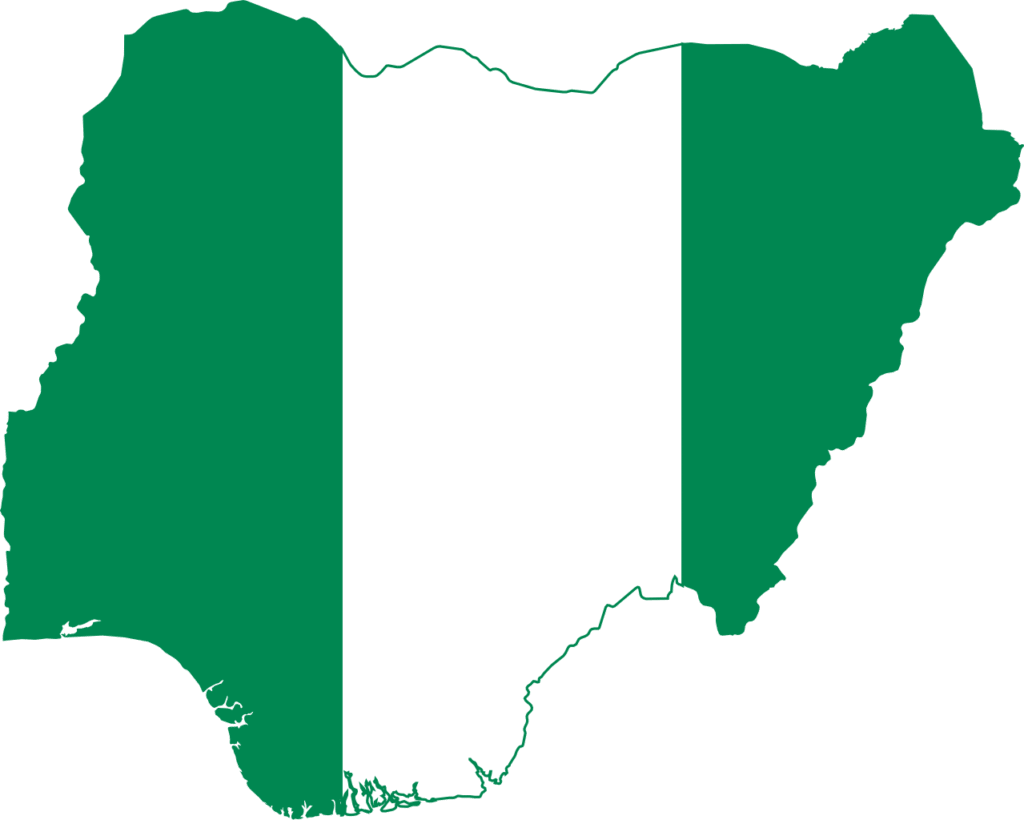Barely one in ten Nigerian households owns a car or truck, according to the 2024 Nigeria Demographic and Health Survey (NDHS) released by the National Population Commission (NPC).
The report exposes a deep inequality between urban and rural Nigeria in terms of vehicle ownership, access to technology, and media consumption.
The NDHS, conducted in collaboration with the Bill and Melinda Gates Foundation, the United States Agency for International Development (USAID), the United Nations Population Fund (UNFPA), the United Nations Children’s Fund (UNICEF), and the Global Fund, offers a sobering snapshot of the country’s living conditions.
According to the report, while 15 percent of households in urban areas own cars or trucks, the figure drops sharply to just 5 percent in rural communities.
However, motorcycles and scooters — often the backbone of rural mobility — are more common in those areas, with 32 percent of rural households owning one compared to 23 percent in urban centres.
“This shows the stark economic and infrastructural divide between Nigeria’s cities and its rural settlements,” the report noted.
The survey also highlighted Nigeria’s information and communication technology (ICT) landscape, showing that while mobile phone ownership has become nearly universal — with 90 percent of households possessing at least one — other technologies remain largely out of reach for many.
“Across the country, 43 percent of households own a television, 46 percent own a radio, and only 9 percent own a computer,” the NDHS report stated. “ICT ownership remains significantly higher in urban areas compared to rural areas.”
Media consumption patterns also point to widening gender and literacy gaps. Among women aged 15 to 49, only 3 percent read newspapers weekly, 30 percent watch television, and 25 percent listen to the radio.
Alarmingly, nearly six out of every ten women (59 percent) have no access to any form of mass media at least once a week.
“This lack of media access among women, especially in rural areas, has implications for public enlightenment, voter education, and health communication,” the survey emphasized.
On digital access, the report found that 26 percent of women used the internet within the past 12 months — a figure that masks deep regional disparities. Internet use was as low as 3 percent in Kebbi State but soared to 72 percent in Lagos, underscoring the persistent digital divide across Nigeria.
Experts say the data paints a concerning picture of economic inequality and limited access to information infrastructure, despite Nigeria’s rapid urbanization and growing youth population.
“The NDHS results confirm what many development practitioners have observed for years — Nigeria’s growth remains uneven, with millions still excluded from modern mobility and information access,” said a Lagos-based development analyst who reviewed the report.
The 2024 NDHS is the latest in a series of nationwide surveys designed to track key indicators in health, welfare, and economic wellbeing.
Analysts believe its findings could guide evidence-based policymaking in areas such as transport planning, rural development, and digital inclusion.
“If we are serious about achieving equitable development,” the analyst added, “we must ensure that access to transport and technology is not a privilege for the few but a right for all Nigerians.”
Do you want to share a story with us? Do you want to advertise with us? Do you need publicity for a product, service, or event? Contact us on WhatsApp +2348183319097 Email: platformtimes@gmail.com
We are committed to impactful investigative journalism for human interest and social justice. Your donation will help us tell more stories. Kindly donate any amount HERE




